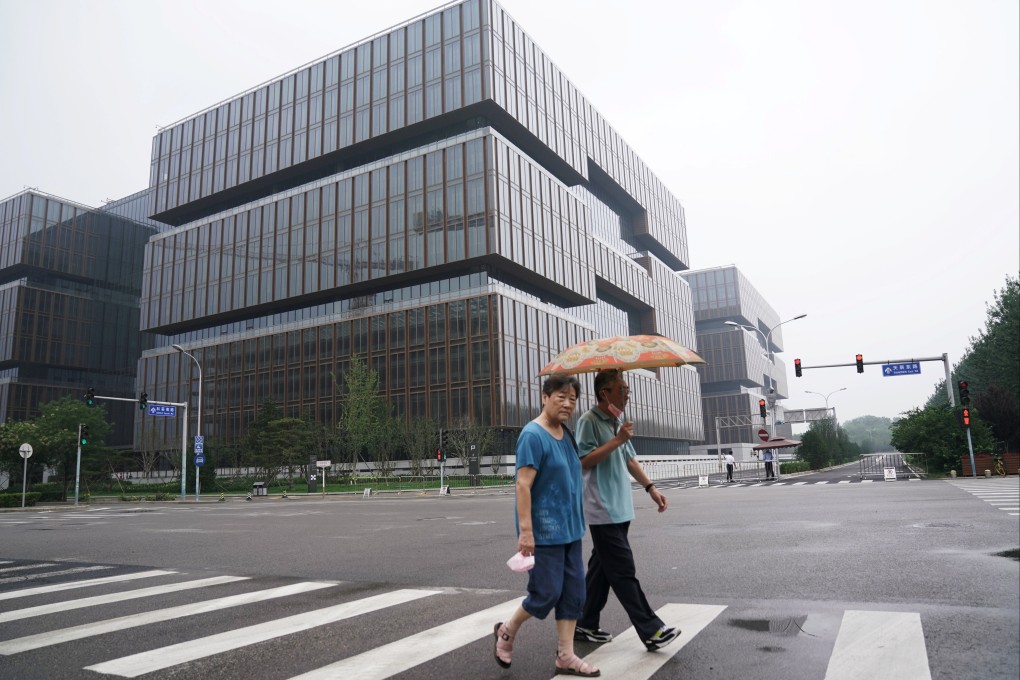Advertisement
Ukraine attack: freeze on Russia loans reveals fine balancing act from China
- China-led AIIB and the NDB have both put activities with Russia ‘on hold’
- Beijing is buying time to devise strategy as Russia is hit by West-led sanctions storm over assault on Ukraine, says Moscow-based analyst
Reading Time:3 minutes
Why you can trust SCMP
14

The decision by two China-backed development banks to halt “all activities” with Russia shows Beijing is treading a careful line on its close trading partner amid worldwide condemnation of the attack on Ukraine, analysts believe.
This comes after the announcements from the Asian Infrastructure Investment Bank (AIIB) and New Development Bank on Thursday sparked speculation on whether Beijing was altering its position on Russia amid growing international pressure.
China has consistently opposed sanctions against Russia over its military operation in Ukraine, and refrained from calling its actions an “invasion”.
Advertisement
Meanwhile, the United States, Canada, Britain and the European Union have ordered a flurry of financial sanctions on Moscow since its forces entered Ukraine last week, including banning at least seven Russian banks from using the Swift global secure messaging system that enables transactions, and freezing its central bank assets.
The Chinese banking regulator on Wednesday asserted Beijing’s opposition to financial sanctions against Russia.
Advertisement
Advertisement
Select Voice
Select Speed
1.00x
